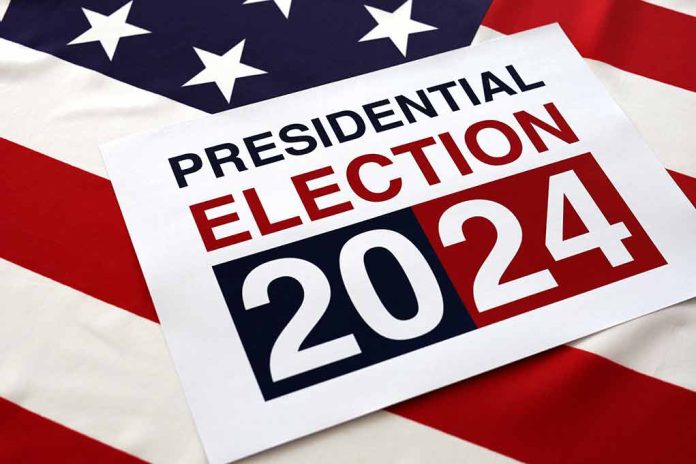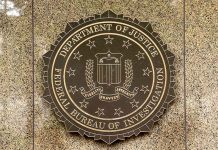
U.S. intelligence warns of growing insider threats to election integrity, raising concerns over potential vulnerabilities in the electoral process.
At a Glance
- Insider threats pose risks to election integrity.
- Election equipment has been strengthened since 2020.
- Public trust in the electoral system remains low.
- Foreign interference from Russia, China, and Iran is expected.
Rising Insider Threats to Election Security
A recent U.S. intelligence memo highlights the risks of insiders with authorized access compromising elections. As the Colorado Information Analysis Center points out, partisan agendas threaten democratic principles. Strengthening election systems since 2020 aims to mitigate threats, but public skepticism persists regarding election integrity.
Former President Trump has consistently voiced concerns about potential election fraud, expressing doubt in the accuracy of current systems. His critiques reflect a sentiment held by many voters who question the system’s transparency and believe enhanced protections are necessary to secure fair elections. With procedural improvements in place, the priority now is to address insider threats proactively to ensure public confidence and safeguard the democratic process.
As the 2024 U.S. election nears, maintaining election integrity is key. CISA is fighting AI-powered deepfakes, foreign interference, and insider threats with advanced cybersecurity measures. Read our blog post to learn more: https://t.co/kKxNAMWVeo pic.twitter.com/6gYjf4CbLn
— Entrust (@Entrust_Corp) October 12, 2024
Potential Foreign and Domestic Threats
Beyond internal threats, foreign interference from Russia, China, and Iran remains a significant concern. Each country has distinct motivations to influence U.S. elections, hoping to erode trust in democratic institutions. Cybercriminal threats, such as ransomware attacks, also pose considerable risks. These challenges are compounded by AI-generated disinformation that could further undermine voter confidence in election results.
Election integrity faces a variety of threats, including physical security challenges and sophisticated cyber attacks. Tina Peters, a Colorado County Clerk, brought attention to these issues when she pursued what she considered a thorough investigation of voting equipment to ensure fair practices. Her actions have sparked discussions about the potential influence that election officials could have on safeguarding—or compromising—election integrity.
Protecting Electoral Integrity Against Mixed Threats
Insider threats present significant challenges for U.S. election centers. The potential for these threats to derail fair and transparent elections is concerning. The Colorado Division of Homeland Security emphasizes that insider threats are a greater concern than in previous elections. Continuous vigilance and enhanced security measures are crucial to addressing these evolving threats.
“Insider threats will likely be an issue that election centers across the US will face in the coming weeks,” according to a US intelligence memo viewed by WIRED. These threats, the memo warns, “could derail or jeopardize a fair and transparent election process.”
The combination of insider threats, cybercriminal activity, and foreign interference underscores the need for robust security measures. The Cybersecurity and Infrastructure Security Agency (CISA) and the Foreign Malign Influence Center actively work to safeguard election assets. Ensuring electoral integrity in the face of these diverse threats is paramount for maintaining the trust of the American people.














